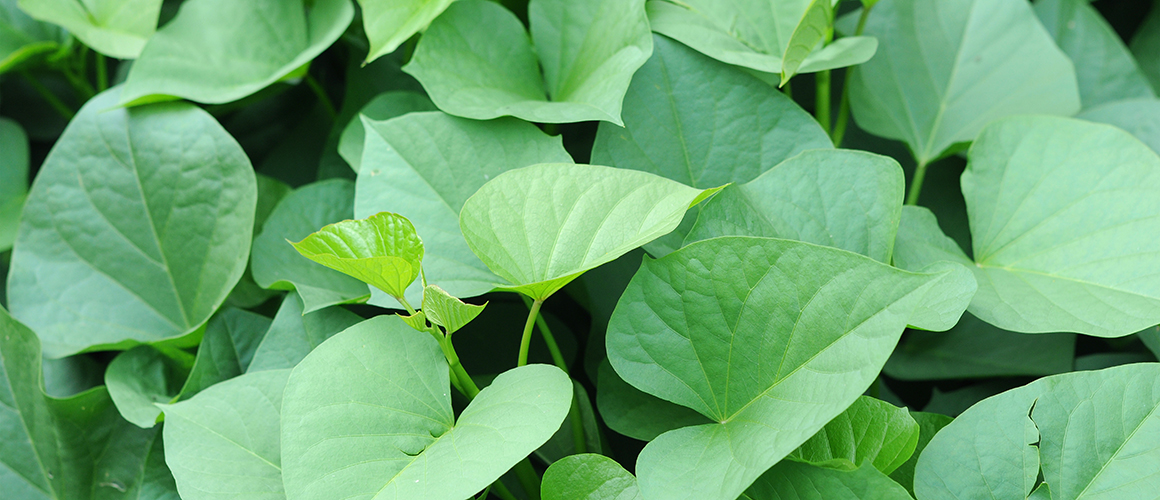
Harvest to Home retail case studies look at sweetpotato sales and cabbage consumption
4 February 2019
Study suggests solarised sandy soils shorten Salmonella survival
4 February 2019This project was the first research study undertaken on survival of Salmonella enterica in soil contaminated with chicken manure conducted under Australian conditions. The research investigated the effect of soil type, temperature, moisture and presence/absence of chicken manure on survival of this pathogen. It also examined potential short-term remediation strategies of cover cropping and/or solarisation to reduce levels of the bacteria in soil following contamination, to allow a quick return to safe crop production.
The project research indicated that Salmonella enterica counts decline over time under natural field conditions after a contamination event. However, the rate of decline is significantly slower in clay loam soils, and is reduced by the presence of chicken manure, by soil temperatures less than 37⁰C, and by the presence of moisture. In the field trial, the bacteria was detectable up to 100 days after contaminated chicken manure was incorporated into clay loam soil. In contrast, populations quickly declined within four weeks in sandy soils, at temperatures above 37⁰C and in soil without chicken manure as a source of energy.
The research also found that solarisation (black plastic covering the soil) may have potential to promote faster die-off of Salmonella enterica, providing soil temperatures under the plastic have several hours at 37⁰C or above.
